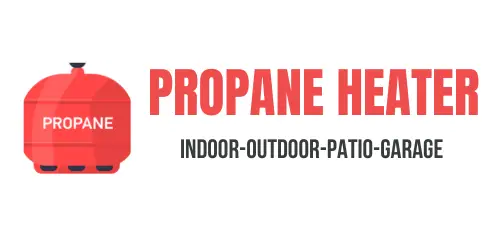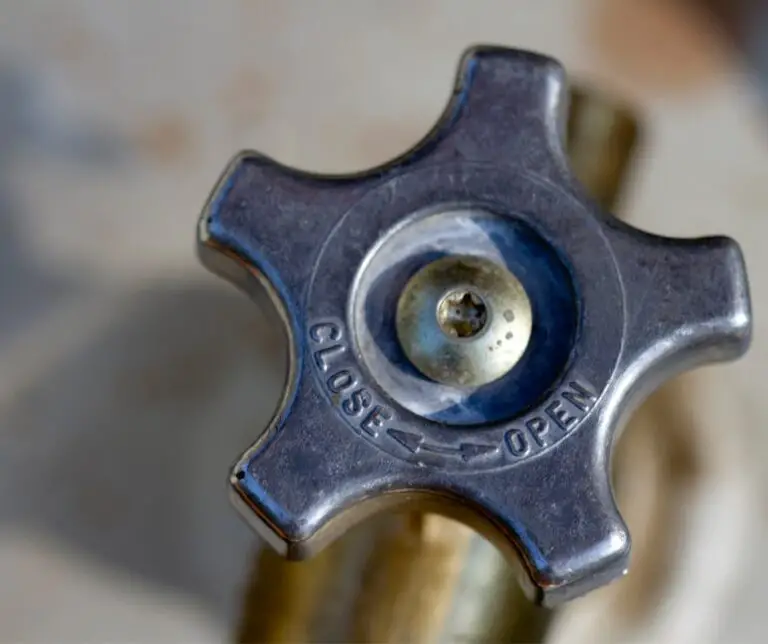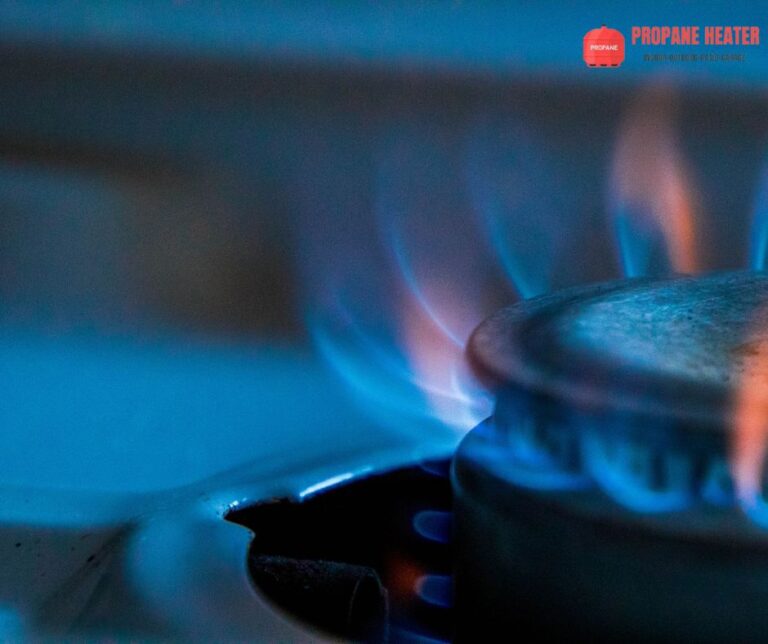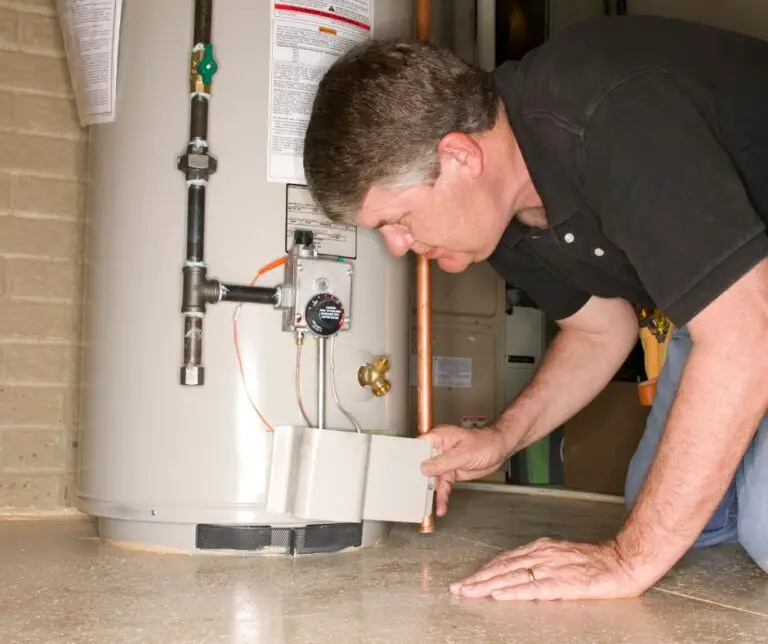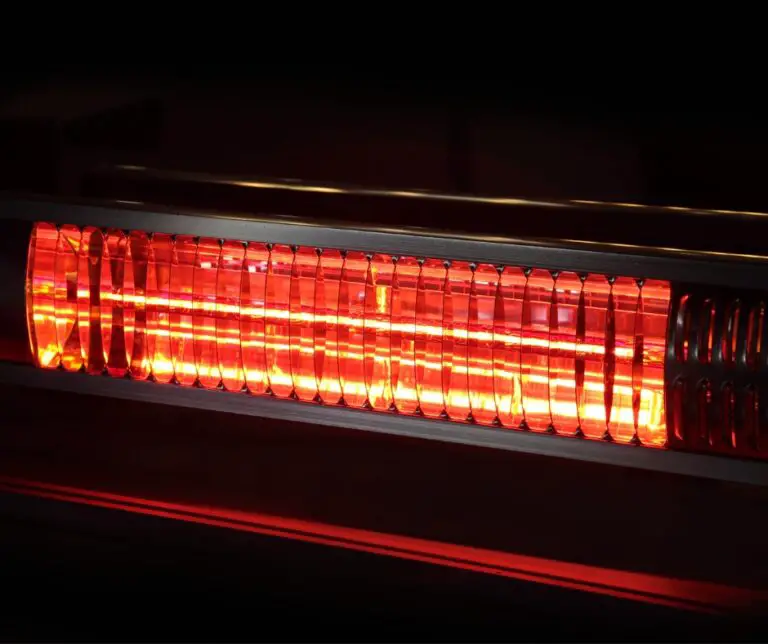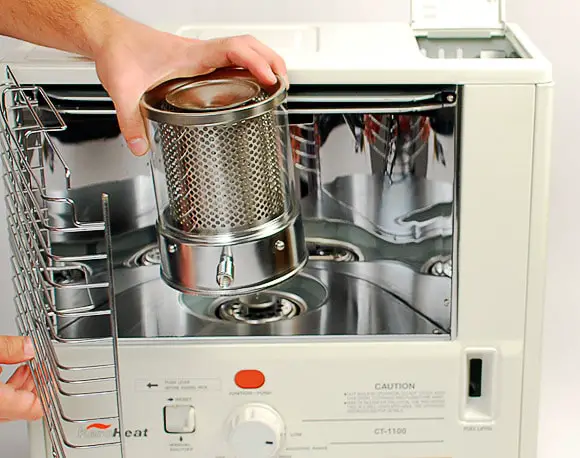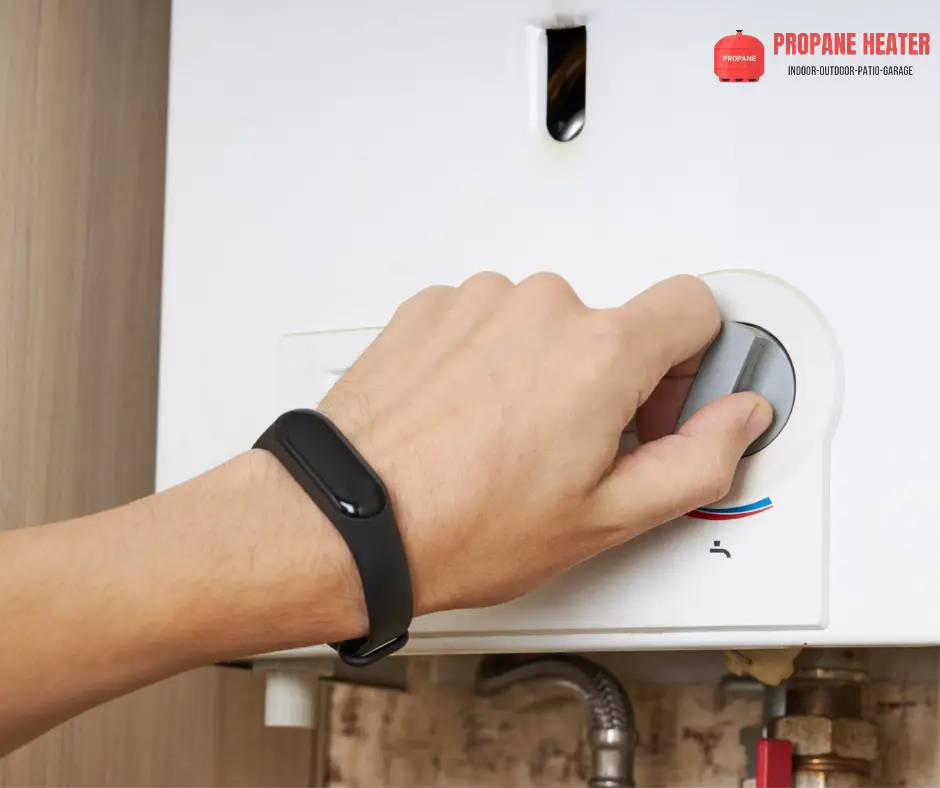
Have you ever had the RV water heater won’t shut off the noise? I haven’t had this happen in the past. However, it may be helpful to have this information for when it happens. This way, you won’t have to locate where the noise is coming from. If you can locate where the sound is coming from, you will know where in the system these noises are originating and can identify what needs immediate attention.
Noises can be critical indicators of problems with your RV plumbing system. Anybody who owns an RV knows trying to mentally calculate flow rates from the moment you switch a water faucet on can quickly become a thing of the past.
This is especially true if you’re trying to conserve the water pressure in your tank. Just like a tankless system, RVs rely on a steady stream of water to operate correctly which is why it’s important to make sure your RV water heater operates as it should.
Possible Reasons RV Water Heater Won’t Shut Off
There are several reasons why your RV water heater won’t shut off. Some of these problems can be fixed by yourself while others require professional assistance. To start with, let’s take a look at some of the most common reasons why your RV water heater won’t shut off:
Faulty AC or DC thermostat
This is perhaps the most common cause of this problem. The thermostat is responsible for regulating the temperature of your water heater. When it’s working properly, the thermostat will turn on when it senses that the temperature has dropped below its set point and then turn off once it reaches that temperature. If your thermostat is faulty and not doing its job properly, then you’ll end up having to manually shut off your water heater to avoid any damage.
To fix this issue
This can be tested by checking for voltage at the terminals with a voltmeter or multimeter set to read resistance (ohms). The furnace thermostat should have continuity (the resistance reading will be zero ohms) when it’s cold enough to turn on the furnace or air conditioner and open, but not when it’s hot enough to turn it off again. If you’re having trouble getting any readings from your thermocouple, try testing it with a continuity tester instead of a multimeter set to read resistance (ohms).
Faulty Gas Valve
If your hot water system continues to run even after you’ve turned off the gas valve, then the problem likely stems from a faulty gas valve. This can occur if you don’t properly close the gas line when you’re done using the hot water system. If this happens, the gas will continue to flow into the line and eventually cause it to rupture.
To fix this issue
Simply turn off your RV’s power source and open up the access panel on top of your hot water tank. Then remove any screws that are holding down the gas regulator and disconnect it from its pipe. Next, unscrew the metal cap on top of your propane tank and replace it with a new one before reconnecting everything together again.
Sediment Buildup
If there is no leak, but your hot water stays on continuously, then it’s likely that an internal part has failed inside the tank. The most common reason is because of sediment build-up from hard water. This buildup can cause corrosion in various parts of the tank that leads to leaks or other issues like overheating.
To fix this issue
You’ll want to contact a technician for this type of problem since it requires draining and cleaning out the tank as well as replacing any worn parts.
A Leak
A leak in the system can make it seem like the water heater won’t shut off. There are a few things that could cause a leak. If you have recently added something to your tank, like a new washer or shower head, it could be leaking through some of its connections. If you notice a drip coming from around the base of the tank, this may be where the leak is coming from.
To fix this issue
Fortunately, it’s easy enough to fix most leaks yourself with a few parts from your local hardware store. You’ll just need a replacement part from the manufacturer and a little bit of time before you can get back on the road again.
Low Pressure in Gas
If you find that your hot water won’t shut off, this could be the result of low pressure in the gas line. This can happen if the regulator is set too high, or if there’s not enough propane in the tank to supply enough pressure for your needs.
To fix this issue
If you have a propane gauge, check it to see if you have enough fuel in the tank to continue running your water heater. If not, then refill it with more propane and try again.
How to Check for Leakage in RV Water Heater
When you are camping, it is very important to know how to check for leakage in your RV water heater. This is because you do not want to be caught without hot water when you need it the most. There are many ways that you can check for leakage in your RV water heater, but here are some tips that will help you get started:
Check the Tank
The first thing that you should do is make sure that there isn’t any leakage from the tank itself. We can do this by running cold water through the faucet and turning on the hot water valve and waiting for a few minutes before shutting off both valves. If there is any drop in pressure or change in temperature of either hot or cold water running through your lines, then there may be a leak somewhere in your plumbing system.
Check Your Lines
Next, check your lines by flushing out all the pipes leading out from the tank itself. This can be done by opening up all the valves on each line and letting them drain out into containers before stopping them up again. Watch for any leaks coming out from around these lines while they are draining, as well as look over them carefully.
Bottom Line
I think this is an issue that isn’t specific to the poor design of any one brand, but rather a general problem in the RV industry. I think that manufacturers tend to “cut corners” when designing and manufacturing many components for RVs, so it makes sense that inexpensive water heaters would probably have this issue as well.

I am Richard A. Jackson man behind propane heating solution, An HVAC expert working as a team lead of the heating department, Provide services all over the USA (around all major cities), and from planning to implementation, you will get all your solution here. We provide various tanks (propane and other natural gases) and deal with disposable waste.
